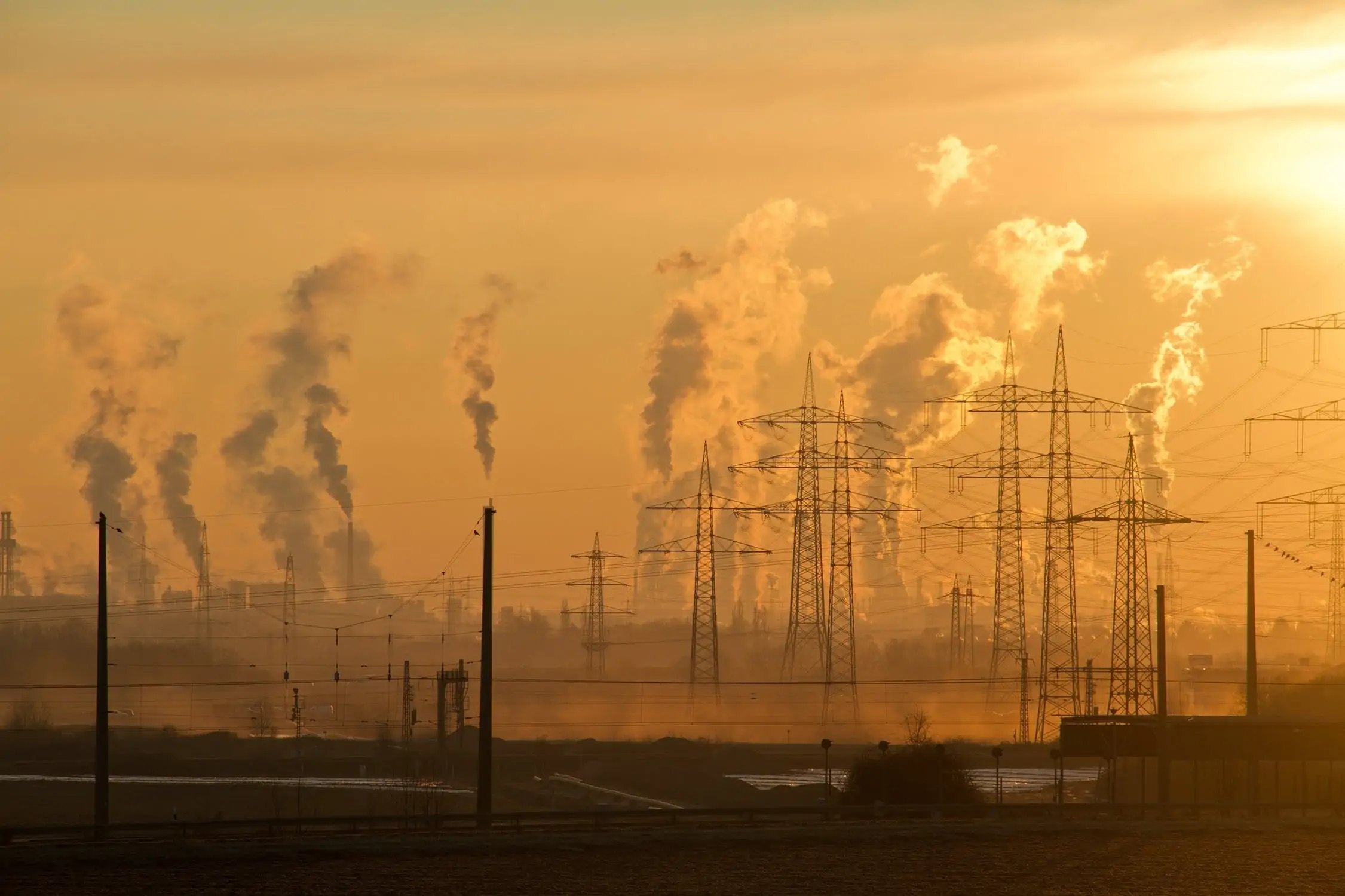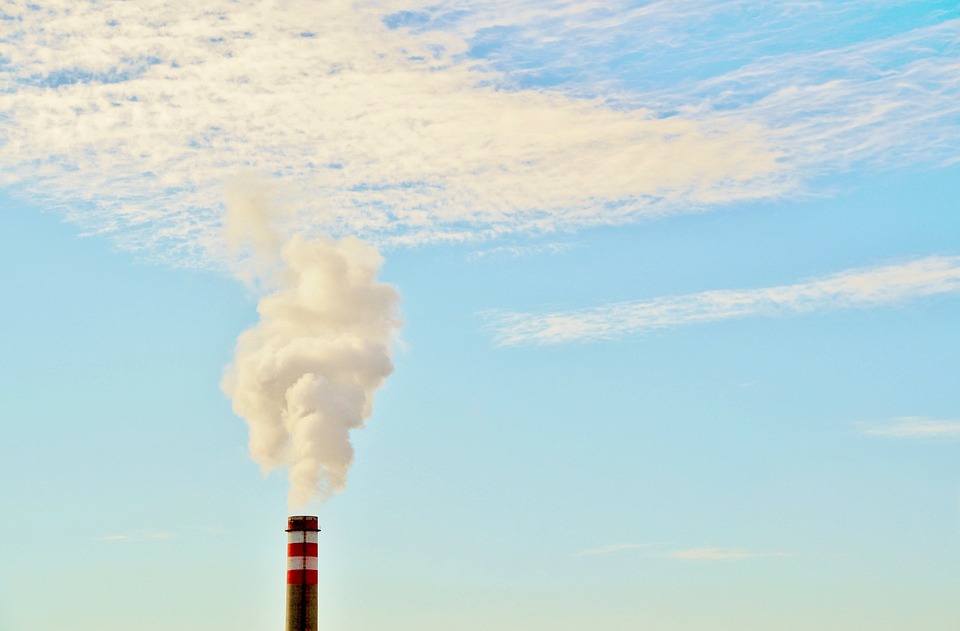Moving Towards Climate-Friendly Materials
Weltweit erzeugt die Produktion von Grundstoffen etwa 30 Prozent des Treibhausgasausstoßes. Welche Materialien für die Herstellung von Produkten verwendet werden, ist daher entscheidend für die nationalen Strategien zur Dekarbonisierung innerhalb der Europäischen Union. In nationalen Diskussionsrunden in Polen, Ungarn und Spanien brachte das Projekt „Plattform für klimafreundliche Grundstoffe“ der Europäischen Klimaschutzinitiative (EUKI) dafür Stakeholder aus verschiedenen Bereichen an einen Runden Tisch. Alle drei Länder stehen bei der Dekarbonisierung des Grundstoffsektors vor ähnlichen Herausforderungen.

Carbon Leakage als Problem
In Warschau, Budapest und Madrid trafen sich Vertreterinnen und Vertreter aus der Industrie und von NGOs mit politischen Entscheiderinnen und Entscheidern und tauschten sich über gemeinsame Ansätze zur Entkarbonisierung aus. Die Teilnehmenden sprachen sich für einheitliche europäische und nationale Lösungen aus, damit Emissionen langfristig reduziert werden können. In allen drei Ländern sorgen sich Industrie und Politik insbesondere um eine Verlagerung von CO2-Emissionen in Länder mit weniger strengen Auflagen (Carbon Leakage). Europaweite Lösungen könnten diese Gefahr eindämmen.

An jedem Veranstaltungsort wurden unterschiedliche Schwerpunkte für die Diskussion gesetzt. In Warschau diskutierten die Teilnehmenden den eingeschränkten Zugang zu großen Mengen an Null-Emissions-Energie. Dieser Mangel erschwere eine emissionsarme Produktion von Grundstoffen. Als Lösung für den „Carbon Leakage“ diskutierten die Stakeholderinnen und Stakeholder beispielsweise Verbrauchersteuern und Border Carbon Adjustments (BCAs). Bei letzterem müssen Importeure bestimmter Produkte CO2-Zertifikate gemäß europäischem Standard abgeben. Generell zeigten sich die Teilnehmenden interessiert an einer stärkeren europaweiten Kooperation im Bereich Forschung und Entwicklung.

Beim Budapester Runden Tisch lag der Fokus auf den politischen Rahmenbedingungen. Eingeladen hatte das ungarische Ministerium für Innovation und Technologie. Ein Ministerialbeamter bemerkte, dass Ungarn beim Erreichen der Ziele zur Energieeffizienz derzeit hinterherhinke. Bisherige politische Maßnahmen hätten nicht die gewünschte Wirkung erzielt. Die Teilnehmenden aus der Industrie fürchten allerdings negative Konsequenzen höherer Strompreise für die heimische Wirtschaft.
Europäische Lösungen gefragt
In Madrid diskutierten die Beteiligten vor allem über nationale und europäische Herausforderungen und Lösungen. Derzeit wird in Spanien über das ‘Ley de Cambio Climático y Transición Energética’ (Klimawandel- und Energiewendegesetz) beraten. Dieses soll europäische Klimaschutzziele in nationale Gesetzgebung überführen. Auch die spanischen Stakeholder zeigten Bedenken, dass strenge europäische Vorgaben zur Abwanderung von Produktion ins nicht-europäische Ausland führen könnte. Einheitliche europäische und nationale Lösungen und Regeln könnten dem entgegenwirken. Darüber hinaus forderten sie eine europaweite Strategie für den Wandel, die die unterschiedlichen regionalen und nationalen Besonderheiten berücksichtigt. Am Runden Tisch wurde deutlich, dass nationale und europäische Lösungen einen Wandel hin zu einer ganzheitlichen Kreislaufwirtschaft beinhalten müssen. Konkrete Lösungen können je nach Material und Produkt unterschiedlich sein.
Die von der EUKI geförderte „Plattform für klimafreundliche Grundstoffe“ ermöglicht den Erfahrungsaustausch zu strategischen Optionen und gemeinsamen politischen Maßnahmen für eine emissionsärmere Produktion von Materialien. Das Projekt wird vom Deutschen Institut für Wirtschaftsforschung (DIW) durchgeführt. Partner sind Wise Europa (Polen), Das Institut für Technologieforschung der Universität Comillas (Spanien) sowie das Regionale Zentrum für Energiepolitikforschung REKK (Ungarn). Die Europäische Klimaschutzinitiative des Bundesumweltministeriums (BMU) finanziert verschiedene Projekte zum nachhaltigen Wirtschaften in der EU. Damit sollen die Vorgaben des Pariser Abkommens und die EU2030-Ziele erreicht werden.
